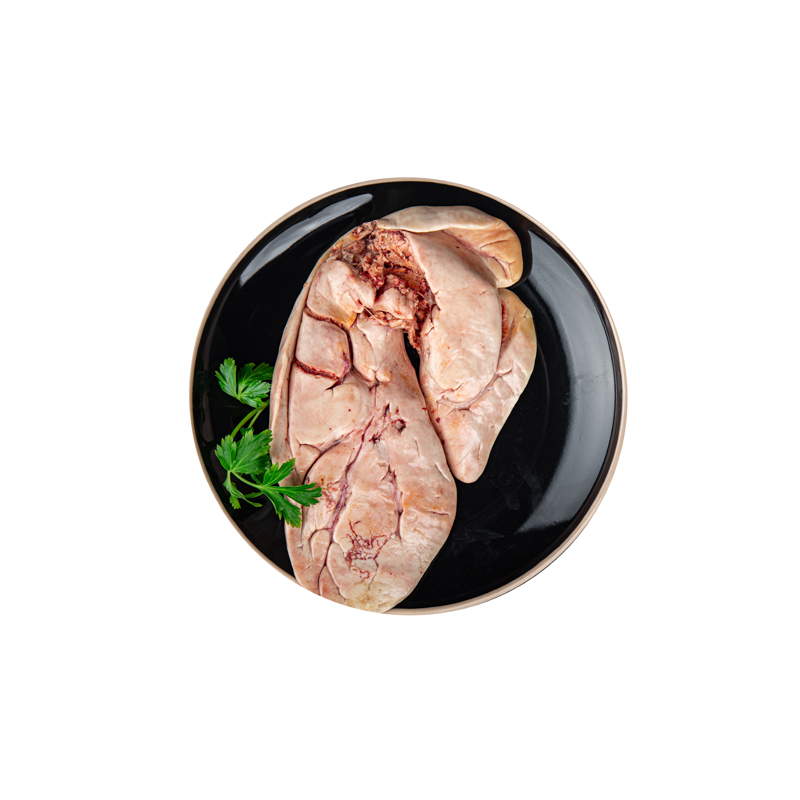
100 gr |
-- |
|
|---|---|---|
| Carbohydrate (gr) | 15.04 |
4928.47 |
| Protein (gr) | 3.59 |
1176.23 |
| Fat (gr) | 12.46 |
4083.43 |
| Fiber (gr) | 1.36 |
445.97 |
| Cholesterol (mg) | 14.64 |
4795.8 |
| Sodium (mg) | 325.27 |
106557.75 |
| Potassium (mg) | 392.16 |
128471.4 |
| Calcium (mg) | 78.15 |
25603.27 |
| Vitamin A (mg) | 46.04 |
15084.01 |
| Vitamin C (mg) | 6.16 |
2019.31 |
| Iron | 0.62 |
203.1 |
Sheep's white liver, commonly referred to as the lung, is a nutrient-dense food packed with essential vitamins and minerals that are vital for maintaining good health. Below, we explore its benefits and considerations in more detail.
The calories of white sheep liver are 101 calories per 100 grams.
Folic acid and B vitamins play a crucial role in energy production, red blood cell formation, and supporting brain function. These nutrients make sheep’s white liver a valuable addition to the diet, especially for individuals needing an energy boost or aiming to improve cognitive function.
Iron is a key component of hemoglobin, necessary for oxygen transport in the blood, while zinc supports immune health, wound healing, and enzymatic reactions. Sheep’s white liver is an excellent source of both, making it beneficial for individuals at risk of anemia or those looking to enhance their immune defense.
Potassium is an essential electrolyte that helps regulate fluid balance, nerve signals, and muscle contractions. Its presence in sheep’s white liver can contribute to maintaining normal blood pressure and reducing the risk of muscle cramps.
Despite its impressive nutrient profile, sheep’s white liver is also high in cholesterol. Overconsumption can lead to elevated cholesterol levels, increasing the risk of cardiovascular diseases. For this reason, moderation is key when including it in your diet.
For individuals with pre-existing heart conditions or high cholesterol, sheep’s white liver and similar organ meats are best avoided. Instead, alternative protein sources low in cholesterol, such as fish or lean poultry, should be prioritized.
Sheep’s white liver is a highly nutritious food, offering a range of health benefits when consumed in moderation. However, its high cholesterol content necessitates caution, particularly for those with heart-related health concerns. As with all foods, balance and mindful eating are essential to enjoying its benefits while minimizing potential risks.